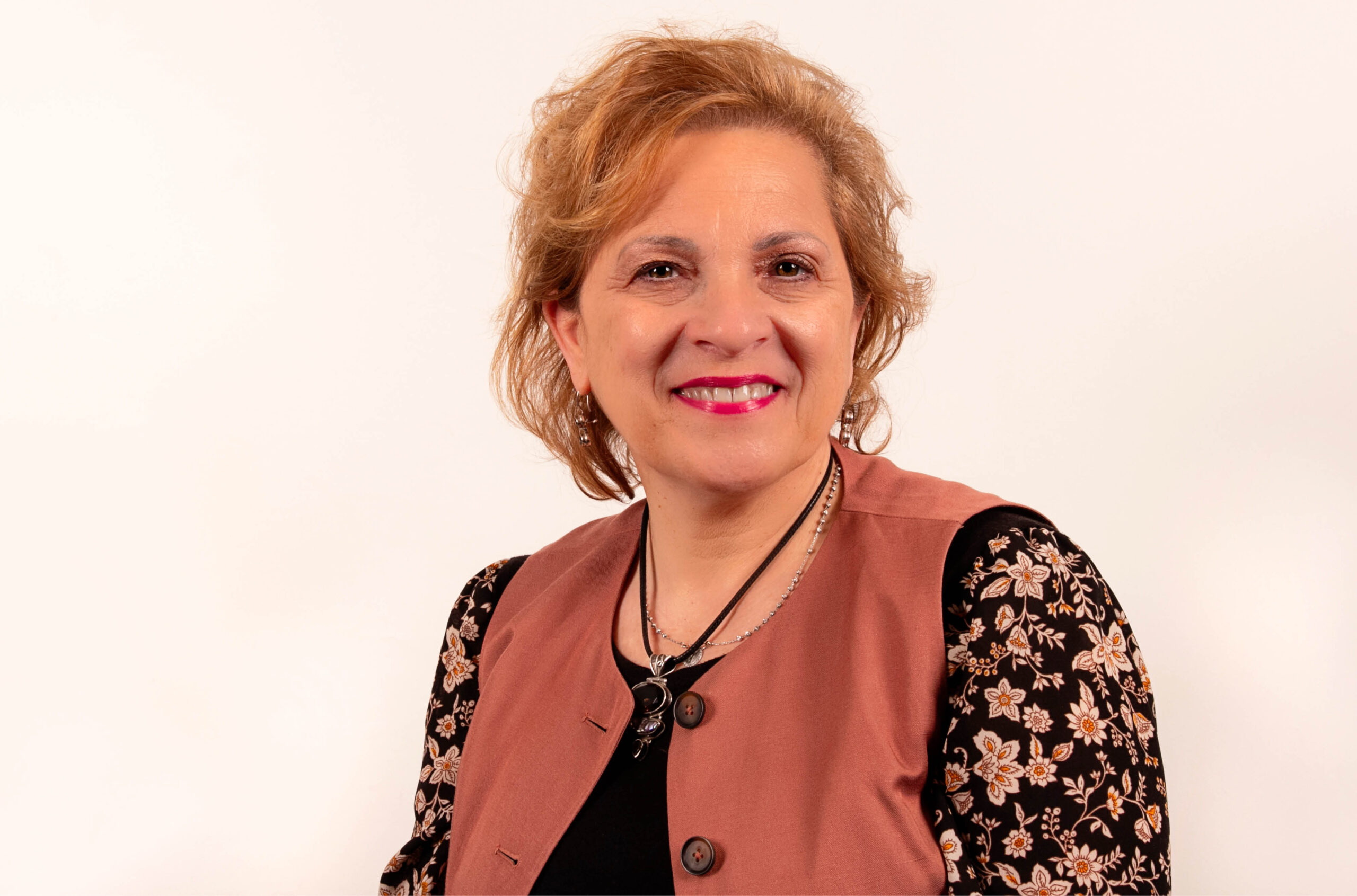U of Ottawa cardiac researcher named Canada’s new chief science advisor
Mona Nemer, biochemistry professor and recent vice-president of research at the University of Ottawa, takes the helm.

Mona Nemer has been named Canada’s new chief science advisor, and today is her first day on the job. Prime Minister Justin Trudeau and Science Minister Kirsty Duncan made the announcement at a press conference on Tuesday afternoon, accompanied by Dr. Nemer and Art McDonald, a 2015 Nobel Prize winner and member of Canada’s Fundamental Science Review panel.
Dr. Nemer leads the Molecular Genetics and Cardiac Regeneration Laboratory at the University of Ottawa where she is a full professor in the faculty of medicine and served for 11 years as vice-president, research (up until June 30). “I’m taking this job to make a difference, and I intend to do so,” Dr. Nemer told the press.

Her appointment, eight months after the job posting closed and two years since the Liberals promised to reinstate the position, was the “top mandate priority” for Minister Duncan, who said the position of chief science advisor is “the strongest symbol of our value for science.”
Dr. Nemer is no stranger to academic science. Prior to joining the University of Ottawa, she was a pharmacology professor at Université de Montréal and director of the Cardiac Development Research Unit at the Institut de recherches cliniques de Montréal. She has held a Tier 1 Canada Research Chair in Cardiovascular Cell Differentiation and her research focus is on heart failure and congenital heart disease.
“She’s a very tenacious woman and she’s very smart,” said Martha Crago, vice-president, research, at McGill University and a member of the panel that produced the Naylor report. “I think she will be a great defender of science and a great person to not be pulled in different directions. … You wouldn’t want to hand off this report to anybody better to defend it and to help the government understand why the funding is important.”
Of what it’s like to have her as a research supervisor, PhD student Jamie Whitcomb said, “I don’t think I’ve ever met anybody who could do as much in a short period of time. She has energy for all of us. She’ll regularly sit with students for up to three or four hours. She makes you feel like you’re the only person for that time.”
Others in the scientific community have also lauded the appointment of Dr. Nemer, whose achievements at U of Ottawa include the Advanced Research Complex, interdisciplinary research institutes, the creation of an undergraduate research opportunities program, and the relaunch of University of Ottawa Press.
The main function of Dr. Nemer’s new role will be to advise the federal government on scientific issues, so that scientists are not muzzled and that scientific analyses are used in decision making. She will also undertake “promoting a positive and productive dialogue between federal scientists and academia” and assessing how the government can “better support quality scientific research within the federal system,” according to a government release.
“Scientists need to have a voice,” said Mr. Trudeau, who later in the evening hosted a student science fair at his office building. “They need to be able to speak freely about their work because the work they do can change the world.”
The chief science advisor’s office has a budget of $2 million and she currently has three staff members (administrative, communications and policy) to help her transition into the role. Dr. Nemer will determine what her staff consists of and her office will be housed in Ottawa at Innovation, Science and Economic Development Canada (ISED).
Featured Jobs
- Business – Lecturer or Assistant Professor, 2-year term (Strategic Management) McMaster University
- Psychology - Assistant Professor (Speech-Language Pathology)University of Victoria
- Education - (2) Assistant or Associate Professors, Teaching Scholars (Educational Leadership)Western University
- Canada Excellence Research Chair in Computational Social Science, AI, and Democracy (Associate or Full Professor)McGill University
- Veterinary Medicine - Faculty Position (Large Animal Internal Medicine) University of Saskatchewan















Post a comment
University Affairs moderates all comments according to the following guidelines. If approved, comments generally appear within one business day. We may republish particularly insightful remarks in our print edition or elsewhere.
1 Comments
For me who’s been Dr. Nemer’s follower in cardiovascular research, i feel indebted to congratulate this rare and distinguished scientist and researcher and indeed now that she’s been appointed in this strategic position which is pivotal to the progression of scientific research in Canada and world over,the sky will be the limit as far as the the much anticipated potential economic and social benefits of the research outcomes are concerned.